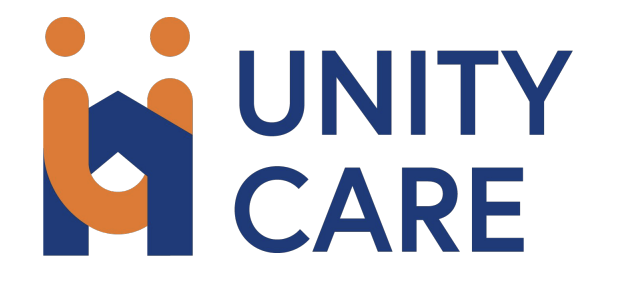Foster Care FAQs
What is foster care?
Foster care is a temporary living arrangement for children who cannot be cared for by their parents and whose needs have come to the attention of child welfare agency staff. If a child welfare investigation is substantiated for abuse or neglect, investigators may remove a child (or children) from their family home for their safety. Once in foster care, they are considered wards of the state. Their placement may last anywhere from a few days to several years. The typical duration of foster care is 1 to 2 years.
What happens when foster youth turn 18?
The U.S. foster care system includes more than 390,000 children and youth. Once these youth turn 18, they lose access to state and county-provided support and resources. Approximately 23,0000 young people age out of the system each year. Nonprofits like Unity Care exist to provide these young adults with housing and services that ultimately lead them to permanent, stable living situations.
How are foster youth affected in California?
California is home to more than 40,000 children in the foster care system. While the statewide average high school graduation rate for all youth is 83%, it is only 41% for foster youth. This low graduation rate is attributed to high rates of absenteeism and low academic achievement, resulting from frequent home placement changes, school transfers, mandated court hearings, and low self-esteem.
What do foster youth’s mental health needs look like?
Half of all kids in foster care have endured four or more adverse childhood experiences. These experiences are directly associated with depression, anxiety, and PTSD. Research shows that former foster youth experience PTSD nearly 5 times the rate of the general population and 2x the rate of US veterans. Without proper intervention, these silent mental health challenges can intensify over time, leading to long-term consequences. Elevated rates of untreated mental health issues among foster youth are linked to lower educational achievement and occupational success.
What can I do to make a difference?
There are two immediate things you can do:
Make a donation to Unity Care to support our ongoing work and impact
Volunteer to host a Donation Drive to support our client’s most essential needs
